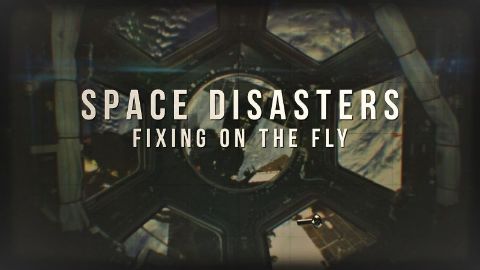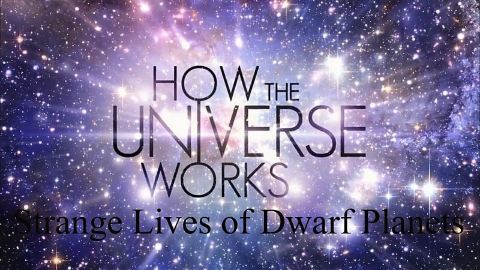The Mars Generation • 2017
The film, which follows a group of teens at NASA's space camp as they learn about the science and technology behind a trip to Mars, also features commentary by science popularizers Bill Nye, Neil deGrasse Tyson, Michio Kaku; astronaut Suni Williams, and Andrew Weir, author of The Martian. But it's not the grownups who make the film; none of them, with the exception of Williams, has any shot at all of walking on Mars. It's the kids, who can dream that dream, who are the deserved focus of the narrative.
Make a donation
Buy a brother a hot coffee? Or a cold beer?
Hope you're finding these documentaries fascinating and eye-opening. It's just me, working hard behind the scenes to bring you this enriching content.
Running and maintaining a website like this takes time and resources. That's why I'm reaching out to you. If you appreciate what I do and would like to support my efforts, would you consider "buying me a coffee"?
Donation addresses
BTC: bc1q8ldskxh4x9qnddhcrgcun8rtvddeldm2a07r2v
ETH: 0x5CCAAA1afc5c5D814129d99277dDb5A979672116
With your donation through , you can show your appreciation and help me keep this project going. Every contribution, no matter how small, makes a significant impact. It goes directly towards covering server costs.





